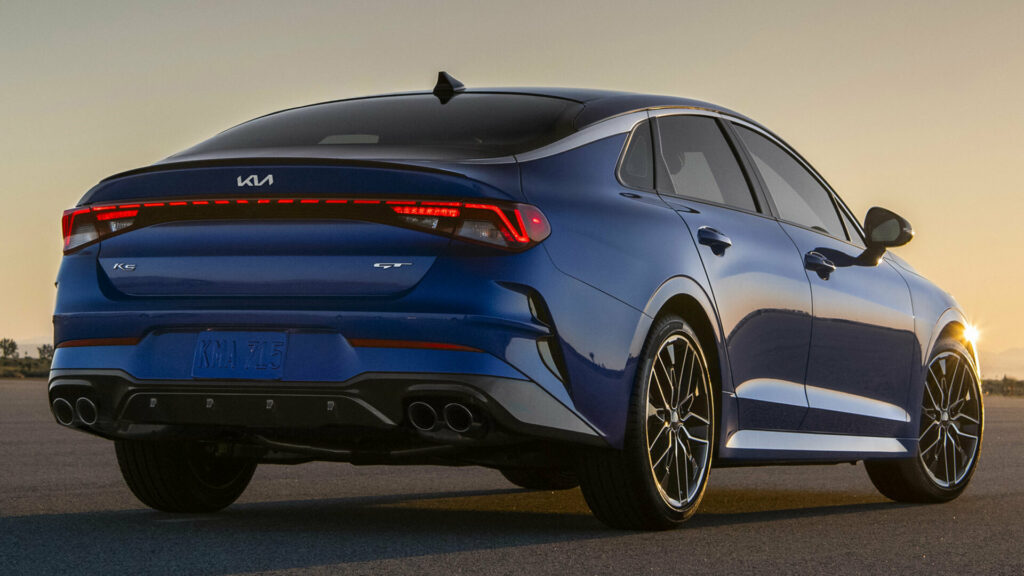Kia’s Electric Model Plans for US Delayed
Just six months ago, Kia had a clear plan to launch several new electric models in the North American market. However, these initiatives have now encountered serious obstacles that have slowed their implementation.
Tariff Uncertainty as the Main Factor
During a recent auto show in Los Angeles, Kia America’s Vice President of Marketing, Russell Wager, openly explained the situation. The future of both the EV4 sedan and the upcoming Kia pickup now depends on the stability of tariff policy, which is beyond the company’s control.
Wager noted that tariffs are the reason why American consumers still do not have access to the EV4. The car has been repeatedly postponed due to this uncertainty.
Why Are the Delays Happening?

When asked about the reasons for the delay, Wager replied:
“Can you give me an answer on when the tariff issues in Mexico, Canada, and Seoul will be resolved? If you provide that information, I can be more specific.”
He emphasized that the Korean automaker does not expect a complete elimination of tariffs but needs them to stabilize at a certain level.
“At that point, we assess whether they will be 25% or 15% — and then we can build our business model. Initially, the car was designed and engineered with zero tariffs in mind.”
Impact on Demand and Future Decisions
Currently, it is the uncertainty that is keeping models like the EV4 and the Kia electric pickup from entering the American market. Furthermore, after the completion of federal tax incentives for electric vehicles, consumer demand may not be strong enough.
Wager acknowledged that both factors play a role:
“We have a great portfolio of electric vehicles that are selling in many other countries around the world. We need a resolution on tariffs, as well as the readiness of the consumer market here to buy them.”
Possible Price Increases

Until Kia decides what to do with the pickup and EV4, the company may have to raise prices on its products.
“Other manufacturers have already raised prices,” said Wager. “I won’t name names, but we’ve seen their sales drop. The conclusion is that we cannot absorb the costs forever. We’ve been holding on for eight months since April. If tariffs are not resolved or remain high, we will have to make business decisions. Regarding tariffs on parts and imports, at some point, we will not be able to absorb all the costs.”
Prospects for Hyundai Motor Group

The Hyundai Motor Group conglomerate has already demonstrated flexibility, but one of its main advantages is its attractive price-to-quality ratio compared to competitors. In the near future, it will become clear whether the company can maintain this reputation without compromising its key principles.
The global automotive industry is increasingly facing challenges related to trade barriers and political instability. For manufacturers like Kia, this means the need to adapt strategies to changing conditions while maintaining consumer trust. Tariff stability could become a decisive factor not only for individual models but also for the long-term development of electric mobility in the region.


 by
by 